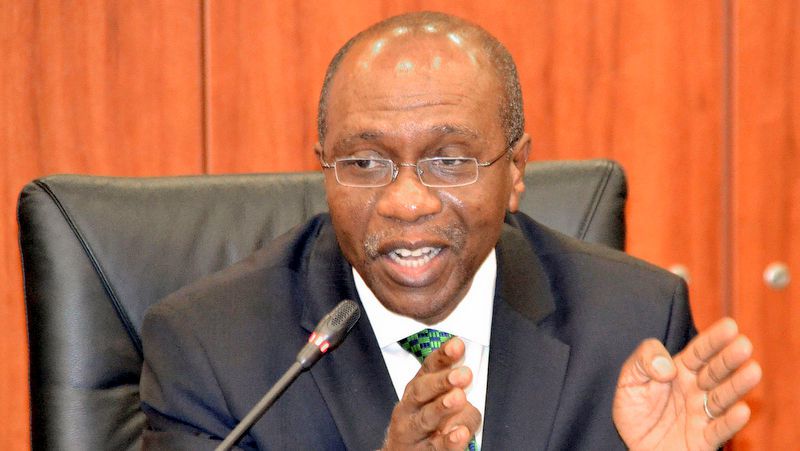This post has already been read 2046 times!
The nation’s foreign exchange reserves have fallen to $42.86bn, the lowest level in two months, the latest data from the Central Bank of Nigeria showed on Sunday.
The reserves, which stood at $43.174bn on January 31, dropped by $314m in two weeks to $42.86bn on February 14.
The external reserves had risen to a high of $47.865bn on May 10, 2018, but plunged to $41.523bn on November 22. On December 13, the reserves stood at $42.877bn.
PwC Nigeria, in a new report titled “Nigeria economic outlook – Top 10 themes for 2019’, said the CBN increased dollar injections into the forex market by 87 per cent to $40bn in 2018 in a bid to sustain its policy of exchange rate stability amid sustained demand pressures.
According to the report, recent history suggests that election cycles are associated with decreased external reserves and increased forex demand.
It said there was a sharp 24 per cent decline in external reserves between January 2010 and May 2011 and a 30 per cent decline between January 2014 and May 2015.
Analysts at Cordros Capital said on Friday that the forex reserves depleted for the second straight week as the CBN recorded another foreign reserve drawdown of $88.07m week-on-week to $42.86bn.
They said, “Meanwhile, total turnover at the Investors and Exporters window dipped by 38 per cent to $1.03bn. The naira appreciated slightly by 0.02 per cent to 361.65/$ in the I&E window but saw a marked depreciation of 0.28 per cent to 362/$ at the parallel market.
“At the forwards market, the USD/NGN appreciated across all contracts – the three-months (+0.11 per cent to N370.68), six-months (+0.14 per cent to N382.26), and one-year (+0.03 per cent to N412.11) – save for the one-month, which declined by 0.08 per cent to N368.24.”
[Punch]



